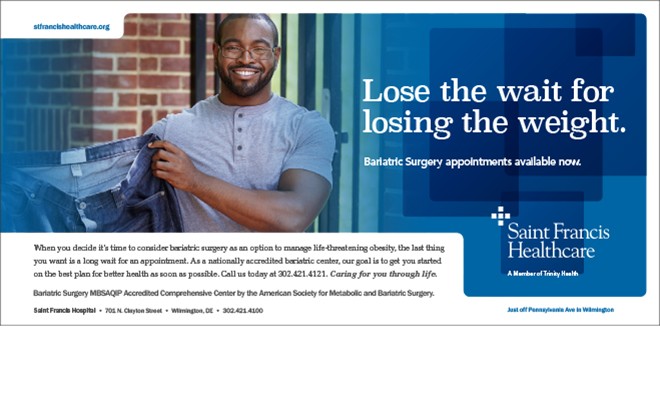Prediabetes: Your Chance To Turn Things Around

A blood test result that reveals prediabetes can be viewed as both good and bad news. The bad news is that it’s an indication that your blood sugar level is higher than normal and that you may be on your way to developing type 2 diabetes. Prediabetes is diagnosed by a fasting blood glucose test result of 101 to 125. Anything over 125 is considered diabetes.
The good news is that a prediabetes diagnosis is a warning that gives you the opportunity to start addressing things that may be contributing to your condition. If you’re overweight, you can work on weight loss to reduce your body mass index.
Making Healthy Lifestyle Changes
Losing weight, even a small amount, can reduce your odds for developing type 2 diabetes. You can begin a healthy exercise program that includes a combination of moderate aerobic and strength training activities. Exercise helps with glucose utilization and also strengthens your heart and lungs so they perform at optimal levels.
Dietary changes can make a big difference. Saint Francis Healthcare’s registered dietitians are experts at interviewing and working with patients to reach their goals. They look at how many carbohydrates you’re consuming daily, and help you develop a plan for healthy eating. Carbs are needed for energy; they fuel our body’s cells, including brain and muscle cells, but too many carbohydrates along with large portions of proteins and fats throughout the day can be harmful to our health.
Dietitians also consider cholesterol, blood pressure, and the saturated and trans fats in a patient’s diet. They don’t tell patients what to eat, instead they offer food choices and portion size guidelines people can use while incorporating individual food preferences.
Be Aware of Your Risk Factors
A primary risk factor for type 2 diabetes is being overweight. Different ethnic groups including Native Americans, Hispanics and African Americans have higher rates of diabetes as a genetic component. A family history of either type 1 or type 2 diabetes may also increase your risk.
Diabetes is on the rise, and many people with prediabetes and type 2 diabetes aren’t aware they have it. Similarly to the screening guidelines for when to have mammograms or colonoscopies, healthcare professionals suggest that everyone, regardless of risk factors, have annual blood glucose tests starting at age 35.
Be proactive about your health! Don’t be afraid to ask your doctor for a blood glucose test. If your results are normal, it will give you peace of mind. If not, the diagnosis may enable you to reduce your risk of developing type 2 diabetes.
To learn more about what you can do to lower your risk of type 2 diabetes through dietary changes, please schedule an appointment with a Saint Francis Healthcare registered dietitian. Call 302.421.4121 today and mention The Women’s Journal article.





